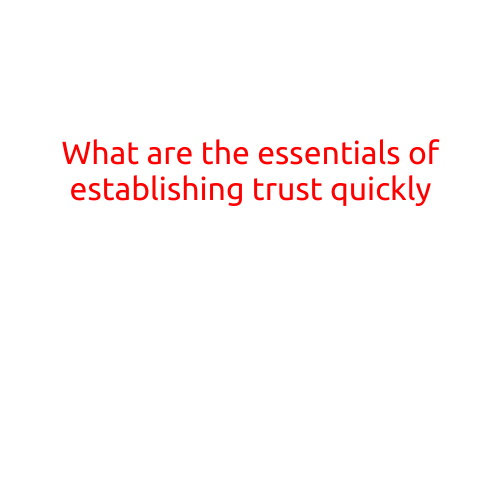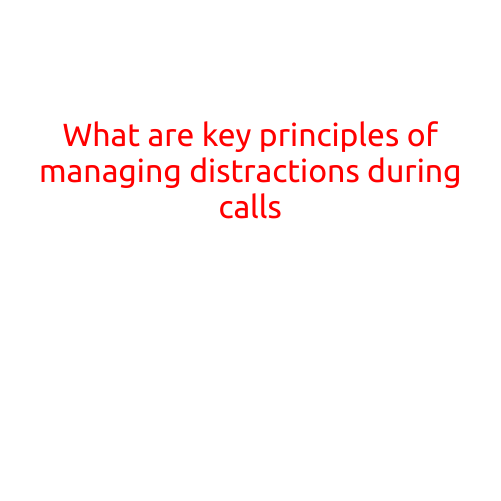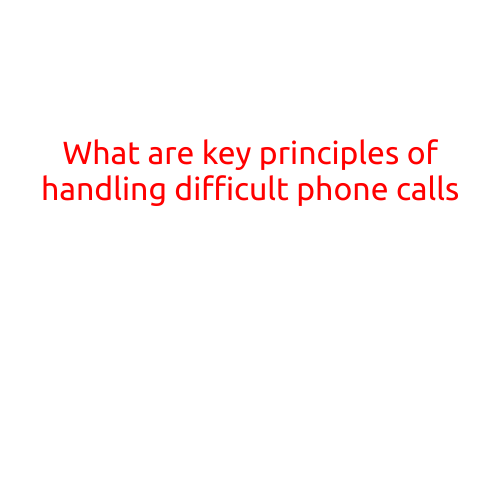
How to Develop Being Attentive to Details on Calls
In today’s fast-paced business world, effective communication is crucial for success. With the rise of remote work and virtual meetings, phone calls have become an essential tool for entrepreneurs, professionals, and teams to connect and collaborate. However, with the distractions of modern life, it’s easy to get sidetracked and lose focus during a call. Attentiveness to details is vital to ensure that you understand the conversation, avoid misunderstandings, and build strong relationships with clients, partners, or colleagues.
In this article, we’ll provide you with practical tips on how to develop your attention to details during phone calls, helping you to stay focused, engaged, and productive.
tip 1: Prepare Ahead of Time
Before a call, take a few minutes to review the agenda, prepare questions, and gather relevant information. This will help you stay focused on the topic and avoid jumping between unrelated issues. Make sure you have all necessary documents, files, or data at hand to refer to during the call.
tip 2: Create a Conducive Environment
Eliminate distractions and create a quiet, comfortable space for the call. Turn off notifications, log out of social media, and silence your phone. Use a headset or speakerphone to keep your hands free and reduce background noise. Invest in high-quality headphones if necessary, to help you tune in and out of the call.
tip 3: Take Notes
Taking notes during the call can help you stay focused, retain information better, and ensure you don’t miss important details. Use a note-taking app, a laptop, or a notebook to jot down key points, action items, and follow-up questions. This will also enable you to refer back to the notes later, ensuring you don’t overlook crucial information.
tip 4: Practice Active Listening
Active listening is a powerful technique that involves fully concentrating on the person speaking and processing the information. Repeat back what you’ve understood to ensure you’re on the same page, and ask clarifying questions to prevent misunderstandings. Avoid interrupting, and let the speaker finish their thoughts before responding.
tip 5: Minimize Multitasking
The temptation to multitask during a call can be overwhelming, but it’s essential to resist the urge. Avoid checking email, browsing the internet, or engaging in side conversations. Close unnecessary tabs, and keep your eyes on the speaker. Multitasking can lead to miscommunication, missed details, and decreased productivity.
tip 6: Use Visual Aids
Visual aids like diagrams, charts, or infographics can help you better understand complex information and retain details. Share relevant visuals during the call to illustrate points, and ask the speaker to explain any unclear information. Visual aids can also help you stay engaged and focused throughout the conversation.
tip 7: Review and Reflect
After the call, take a few minutes to review your notes, and reflect on the discussion. Identify any action items, follow-up questions, or areas that need further clarification. This will help you stay organized, ensure you don’t miss important details, and follow up promptly with the speaker.
tip 8: Practice and Consistency
Developing attentiveness to details on calls requires practice and consistency. Set aside dedicated time for focused calls, and prioritize building this habit into your daily routine. As you become more comfortable with these tips, you’ll find it easier to stay engaged, retain information, and build stronger relationships with others.
By incorporating these 8 tips into your call schedule, you’ll significantly improve your attentiveness to details, stay focused, and achieve better outcomes. Remember, effective communication is key to success, and developing this skill will benefit you in all aspects of your personal and professional life.





